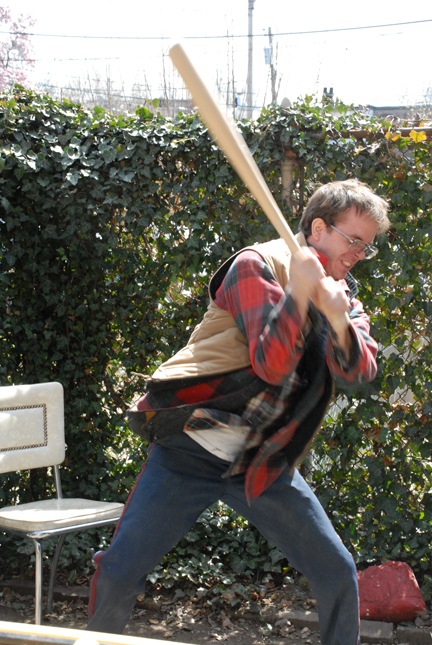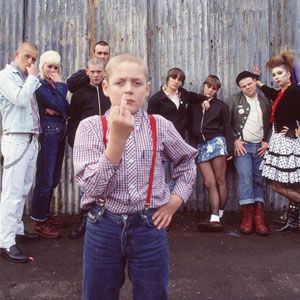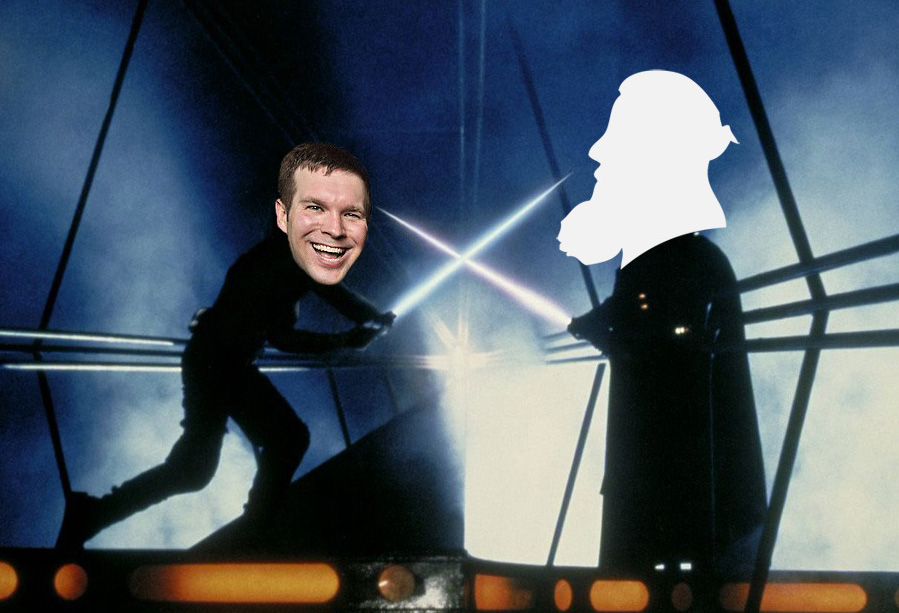Michael Kimball Guest Lecture #5: Language and Sentences
 We are writers. Writers use language. There are lots of things we can do with language. As Robert Lopez says: “I always start with language.” And when he says that, he means his language, his particular language, and that every writer should have their own particular language. Raymond Carver gets at that with this (from “On Writing”): “It’s akin to style, what I’m talking about, but it isn’t style alone. It is the writer’s particular and unmistakable signature on everything he writes. It is his world and no other. This is one of the things that distinguishes one writer from another.”
We are writers. Writers use language. There are lots of things we can do with language. As Robert Lopez says: “I always start with language.” And when he says that, he means his language, his particular language, and that every writer should have their own particular language. Raymond Carver gets at that with this (from “On Writing”): “It’s akin to style, what I’m talking about, but it isn’t style alone. It is the writer’s particular and unmistakable signature on everything he writes. It is his world and no other. This is one of the things that distinguishes one writer from another.”
When I think of language, I think of sentences. As John Banville says: “The sentence is the greatest human invention of civilization.” There are lots of things that we can do with a sentence. We can manipulate the syntax, the diction, the stresses, the tenses, the acoustics, the morphemes and the phonemes, syllables and prefixes and suffixes, the speed, and the length. As Andy Devine says: “The English sentence – because of English syntax – is infinitely expandable.”
We can manipulate objects, subjects, predicates, infinitives, participles, gerunds, phrases, clauses, and determiners. We can manipulate articles, nouns, verbs, adjectives, adverbs, conjunctions, and prepositions. Joseph Young says: “Articles propel the sentence, push it off and keep it moving.” Stephen King says: “The road to hell is paved with adverbs.” Joseph Brodsky says: “Don’t use too many adjectives.” Andy Devine says: “Adjectives are not as bad as adverbs.”
For instance, I like to structure sentences around articles and conjunctions and prepositions—the more perennial parts of language—so that my narrator has a singular way to speak. And I like to move prepositions to the end of the phrase or the end of the sentence. That was one of the first sentence things that I figured out for myself. It’s not what we’re taught to do, but it is still quite obviously English, and it creates a kind of semantic link in the sentence—and this vaguely unsettling feeling.
The Greatest Adventure Story: Part Two, A Movie

He's so cute when he's angry
The other night, just after I read that Chabon essay about the Wilderness of Childhood, I watched This Is England on a whim and I was positively floored. It’s about a twelve year old boy in rural England in 1983 who becomes entangled with a twenty-something skinhead, who exposes the boy to a lot of violence and extremism. (The two main characters mirror each other perfectly: a child who is forced to act like a man and a man who can’t help but act like a child.)
The first thing that stood out to me was how beautifully it was plotted. Maybe I just picked up on this because my boyfriend has been reading John Gardner’s The Art of Fiction to me in any spare moment he finds, but we both couldn’t help but gush about how each scene was perfectly weighted to balance each plot line: the political context, racial tension, the boy’s romantic interest, the two main character’s back-stories and ideas about family and fatherhood.
Also, it’s acted beautifully, written beautifully and is somehow extremely funny, horrifying, engrossing, violent, and heartbreaking all at once. It’s the kind of movie that I feel is an education in plot and character development. It’s up on Netflix and you can stream it right now if you’re so inclined. I already want to watch it again.
What are some other movies that you feel have been beneficial/influential to your writing?
John Gardner followup which is also sort of a Writing Workshops followup

(via Small Beer’s Gavin J. Grant at the Bookslut blog)
Sci-fi fantasy person Jeffrey Ford answers three questions at How to Write Stories About Writers:
About studying with John Gardner:
We didn’t bother with the Moral Fiction bullshit when he was teaching me, he was trying to show me how to edit and talking to me about irony and suspense and the things that make a good plot. I have somewhere a sheet of paper on which he wrote out for me the rules of the comma. He told me his theory of teaching writing, he said, “I can’t make you a writer, but I can show you some of the pitfalls and problems you’re going to face in writing and how to get around them. This is stuff that if you stuck with it you would probably learn, yourself, but I could save you five or ten years.
John Gardner Bitch Slap
 I planned to keep quiet about this, maybe ignore it until some other posts pushed it into the archives, but after a few days, I still couldn’t stop worrying about it. Also, I knew Blake Butler wouldn’t leave me alone until I said something mean for Mean Week, so here’s a shot.
I planned to keep quiet about this, maybe ignore it until some other posts pushed it into the archives, but after a few days, I still couldn’t stop worrying about it. Also, I knew Blake Butler wouldn’t leave me alone until I said something mean for Mean Week, so here’s a shot.
Recently, this guy talked some clever shit in the comments section on my post about new poetry journal Rooms Outlast Us. He said something like how HTMLGIANT and the people who write for it have some moral obligation to keep an eye on small presses so that all those struggling poets out there are treated fairly. He said:
The people who publish Rooms Outlast Us might be righteous people but the chapbook contest they are running is bad karma and hopefully until they change their guidelines no one will send manuscripts for possible publication. A twentry dollar entry fee for essentially nothing is way bad and everyone who enters should feel like they’ve been screwed under the current guidelines. At the very least they should give everyone who enters a one year subscription to their ‘zine. The winner should at least get a token 100 or 200 dollar prize for winning. Otherwise it ain’t legit. And is a waste of everyone’s hard earned money.
After I suggested he email them to ask for specifics and reasons behind the contest guidelines, he lamed out:
It would be nice if they listened to little-old-nobody me. I like to think others are in agreement with me. I mean, they have a 200 copy print run. If you are the winner unless you are shane jones, blake butler, tao lin or one of the other superstars of indie lit it’s not likely you are going to sell that many. In the meantime, the losers who are footing the bill for the winner’s chapbook (and maybe a few Happy meals for the publishers) are getting nothing for their selfless contribution. And being HTML GIANT is now the hub of indie lit info they should feel slightly obliged (morally) to post about it. I mean, as nice as posts with tits in it are nice to have lets counterbalance that with helping out less knowledgable writers and holding small presses accountable for questionable practices that are a miniscule cut above vanity presses.
Now, I’m sure Christopher Robbins is a nice guy. He knows his stuff. He’s linked his blog to lots of indie lit ‘superstars,’ which is step one to becoming famous, I think. He drinks beer and has a goatee. He’s down with other people’s poetry. And he kind of looks like Tom Green, which is awesome. Seriously. I am being serious here. And I hope he doesn’t want to murder me after this, because, really, I don’t feel personal hatred towards him. I don’t even know who he is?
But, on this whole matter, I have to respectfully say that he’s full of shit.
Here’s why:
October 15th, 2008 / 1:30 am

